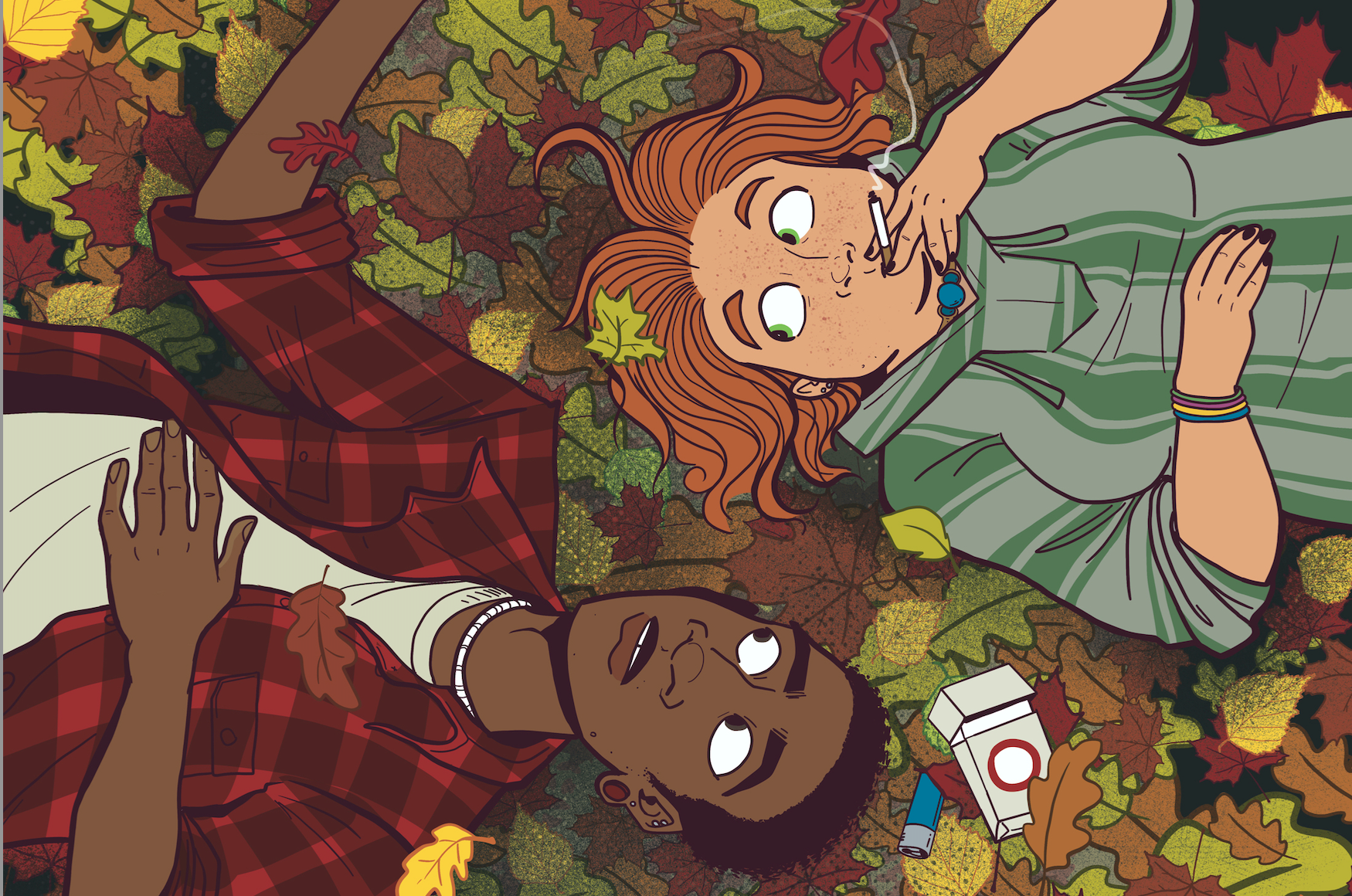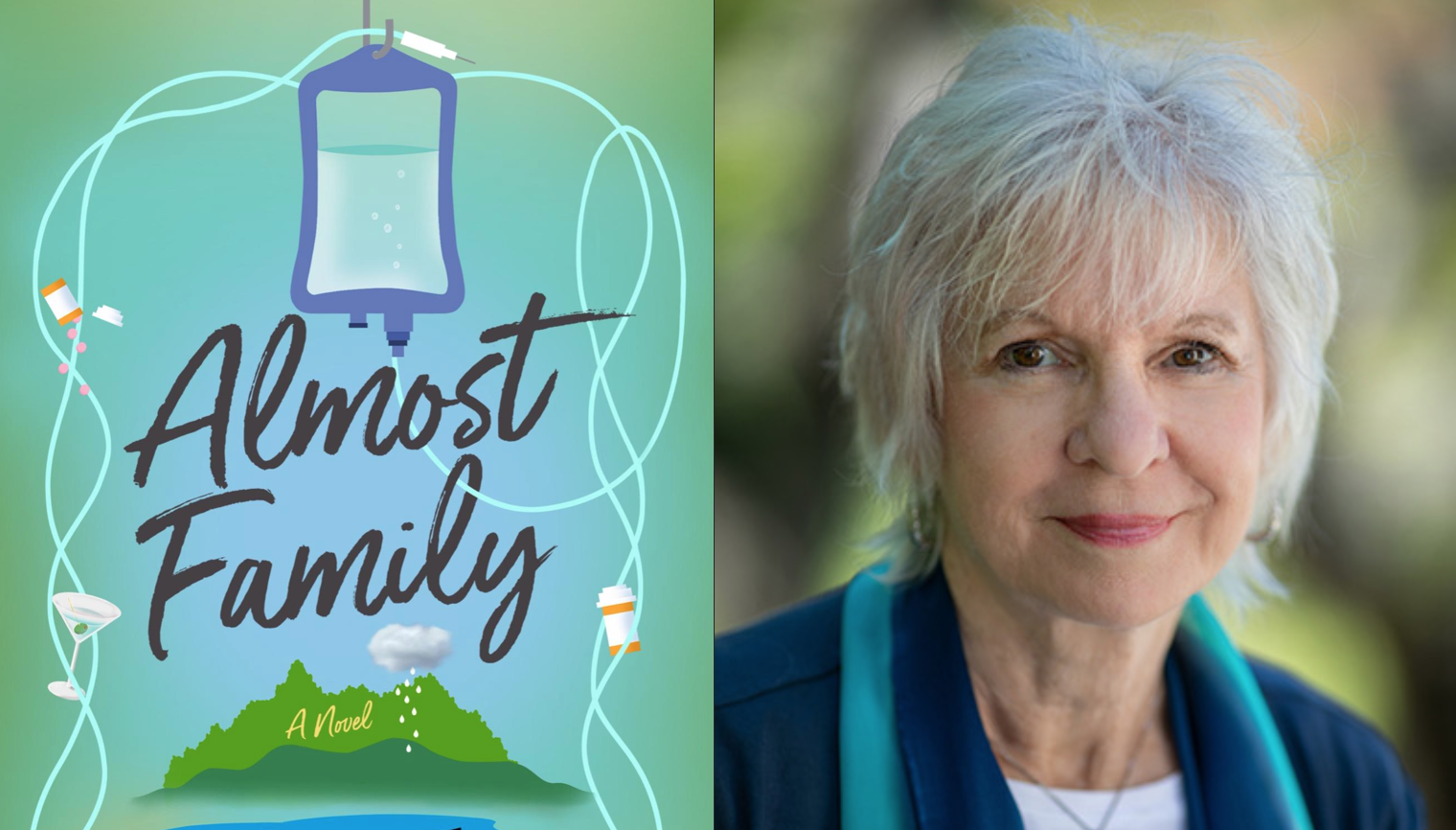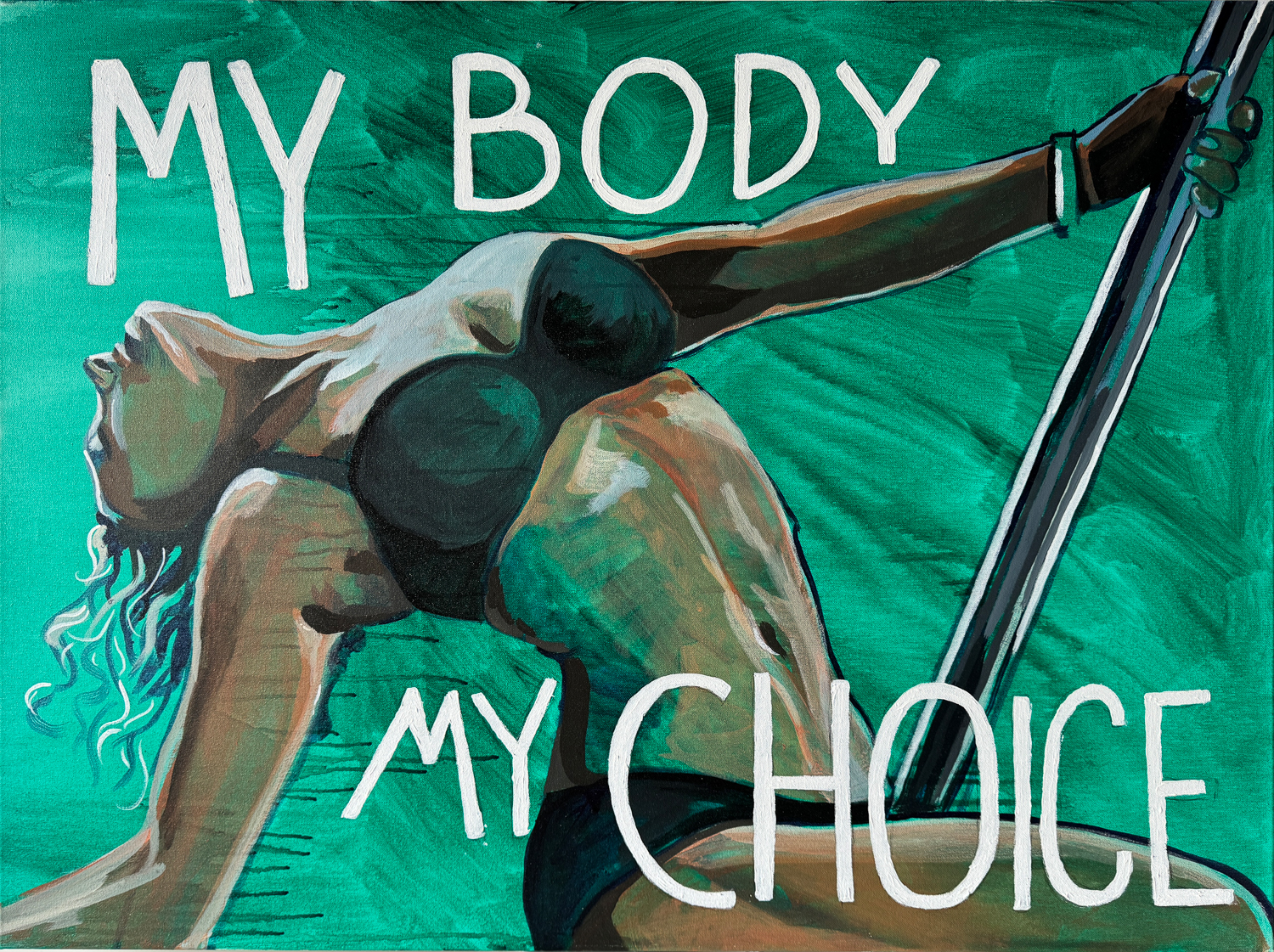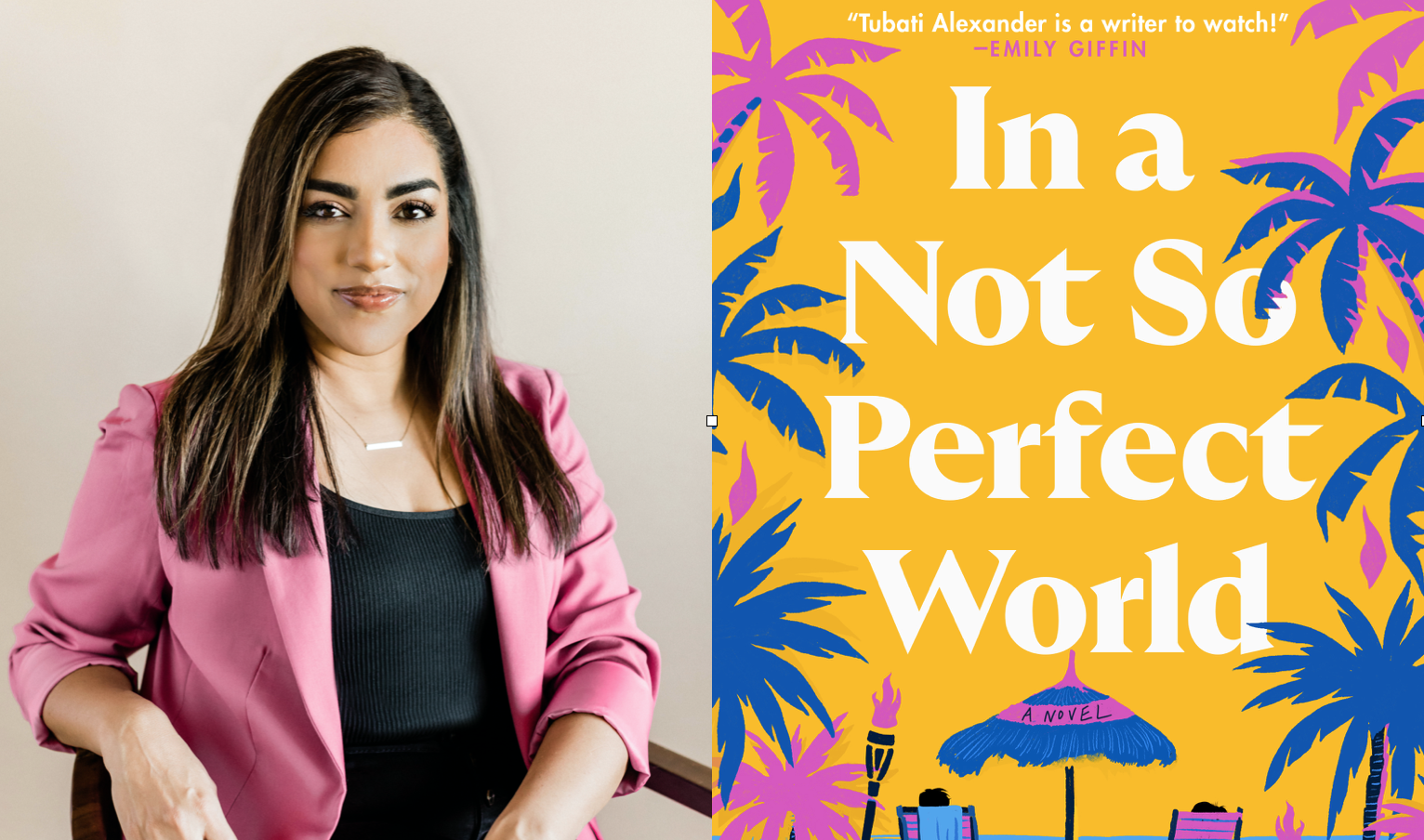
A love letter to Syria and its people, debut YA author Zoulfa Katouh’s ‘As Long as the Lemon Trees Grow’ is a speculative novel set amid the Syrian Revolution, burning with the fires of hope, love, and possibility. It has been described as one of the most anticipated YA reads for the Fall, received acclaimed reviews from Publishers Weekly and School Library Connection and coverage from BuzzFeed, Book Riot, Epic Reads, and She Reads.
This powerful story of survival and resilience during wartime is both harrowing and heartbreaking, as well as the hope and happiness that can be found despite these horrific circumstances. While there is a wealth of historical fiction in the YA market, there is a severe lack of books that tackle modern-day conflicts and ongoing violence, and ‘As Long as the Lemon Trees Grow’ fills this hole in the marketplace by offering a much-needed window into the Middle Eastern – specifically Syrian – experience in the midst of war.
Salama Kassab was a pharmacy student when the cries for freedom broke out in Syria. She still had her parents and her big brother; she still had her home. She had a normal teenager’s life. Now Salama volunteers at a hospital in Homs, helping the wounded who flood through the doors daily. Secretly, though, she is desperate to find a way out of her beloved country before her sister-in-law, Layla, gives birth. So desperate, that she has manifested a physical embodiment of her fear in the form of her imagined companion, Khawf, who haunts her every move in an effort to keep her safe.
But even with Khawf pressing her to leave, Salama is torn between her loyalty to her country and her conviction to survive. Salama must contend with bullets and bombs, military assaults, and her shifting sense of morality before she might finally breathe free. And when she crosses paths with the boy she was supposed to meet one fateful day, she starts to doubt her resolve in leaving home at all. Soon, Salama must learn to see the events around her for what they truly are—not a war, but a revolution—and decide how she, too, will cry for Syria’s freedom.
We had the chance to speak with author Zoulfa on the eve of her release, talking about her writing inspiration, and what she wants readers to know about Syrian people away from news headlines.

Can you tell us how the idea for ‘As long as the Lemon Trees Grow’ first came about?
When I moved to Switzerland and introduced myself as a Syrian Canadian to people here, they always were interested in Syria, asking me so many questions. And I realized people in the West and Europe don’t really know what’s going in Syria or why it’s happening. All they see is the consequence, refugees coming into their countries. And that’s when the story popped in my head. I wanted to show the difficult decision it takes for someone to leave their home and risk their lives to find safety in a country they don’t know.
Where did you passion for writing stories begin?
I never knew I could be an author. I thought someone needed to graduate with an English degree in order to write books from scratch but that’s not true at all.
I’ve been a fanfic author for more than ten years now, borrowing other authors’ and TV shows’ characters and putting them in stories that I uploaded on sites like ao3. Fanfiction taught me how to write, and I still write it to this day.
Yours is a rare book that tackles a modern-day conflict. Why did you choose to set the main character’s story against the backdrop of the Syrian conflict?
Because it’s a conflict that is still vague in so many people’s minds even though it is still happening right now. Syrians are still suffering to this day with 13 million forcibly displaced. That is more than half the Syrian population. The world has let Syrians die from chemical attacks, hypothermia, torture, bombings… etc. And it is still happening.
Although readers will become familiar with aspects of the conflict through Salama’s story, they will also be immersed in her experience as a teen struggling with identity and making major decisions about her life. What do you hope anyone reading this will relate to, no matter where they are from?
I want them to see themselves in Salama. In this hijabi, Arab Syrian girl who is fighting tooth and nail to live. Whoever they are. I want them to take comfort from her and know that in the end, we’re looking to belong somewhere, and we all deserve to be treated with kindness and respect. It would definitely make the world a kinder place to live in.
What do you hope readers will learn about the Syrian conflict, away from sensational news headlines and political agendas?
That Syrians aren’t just numbers, statistics read on the news. These are real people with real stories that happened to them. They have ambitions and dreams, and they had a home that was taken from them. They have families who love them and miss them. They are lives.
How can storytelling be a powerful way of generating empathy about something unfamiliar?
I wrote this book with the intention that teens are my major audience because they are the ones who will be making decisions in the future that will impact lives. People fear the unknown. It makes them jittery. And if they’re fed wrong ideas about a certain group of people, it only begets fear and animosity. Stories like this show the reader a world outside their own. Stories teach empathy.
As a Syrian-Canadian based in Switzerland, can you share how much of your own life experience was incorporated into your debut book?
While I didn’t live in Syria after the revolution started, I’m familiar with a lot of stories that never made it to the mainstream media as these are stories shared on Facebook pages and groups in Arabic as well as the stories traded within the Syrian community. I did give Salama my experience in pharmacy which was great to write. We rarely see STEM girls in books much less hijabi STEM girls!
Freedom is an overarching theme in this book. How will Salama’s story challenge our notion of what it means to be free, no matter where we live?
Freedom is a concept with many aspects. Freedom of thought. Freedom of body. Freedom of speech. Freedom to make choices without pressure from anyone. If any of these aspects are oppressed or silenced, it affects the other aspects, and we would live in a world that’s wilting. Freedom isn’t just tied to dictatorships and governments, but it bleeds into other parts in society.
As you wait for the release of your book in September, can you tell us what is bringing you inspiration at the moment?
The clouds after it rains.
What are you working on next?
My next novel is the other side of the coin to Lemon Trees. It deals with what happens when you reach safety. Is it really safety? The themes discussed in the book are identity, love, racism, PTSD, homesickness and, as always, hope.
You can order a copy of ‘As Long As The Lemon Trees Grow’ HERE. Follow Zoula on Instagram and see more of her work at zoulfakatouh.com.
















